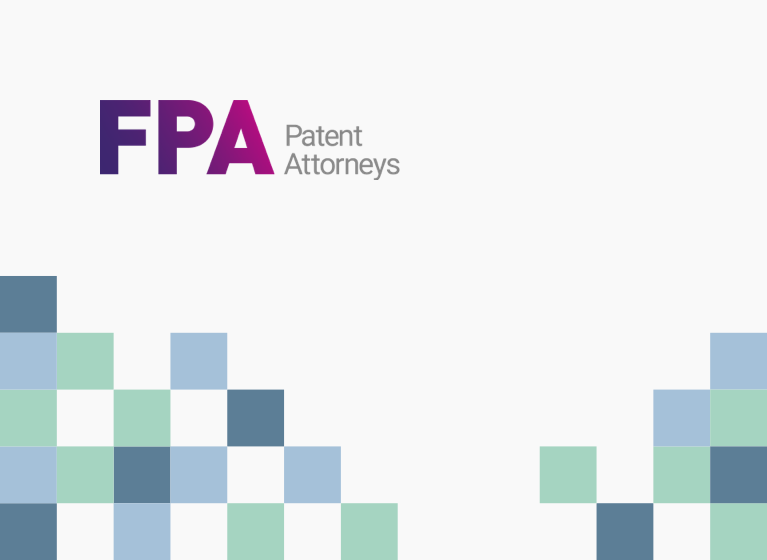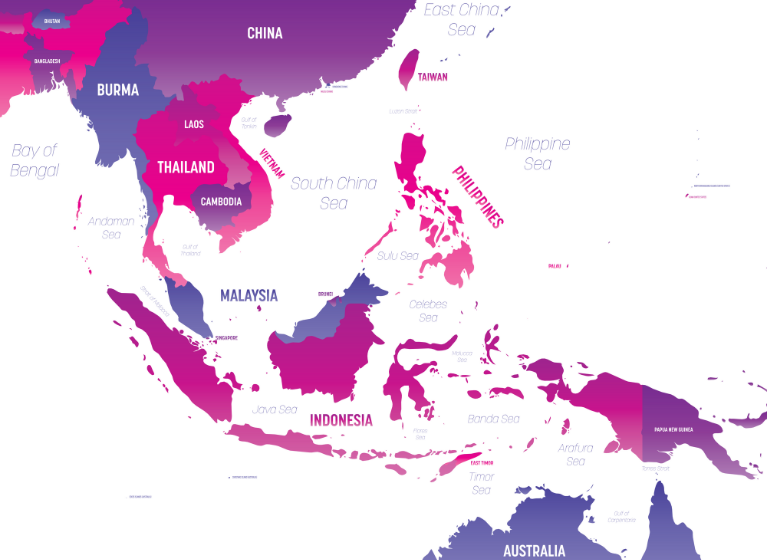Filing to grant
The government agency responsible for grant of patent rights in Malaysia is the Malaysian Intellectual Property Office.
| Key prosecution event | Deadline |
|---|---|
| Paris Convention filing | 12 months from earliest claimed priority |
| PCT national phase entry | 30 months from earliest claimed priority |
| Substantive examination request | 48 months international filing date, (deferrable to 60 months) or 18 months from Convention application filing (deferrable to 60 months) |
| Divisional application | if voluntary filing, at any time until 3 months from the mailing date of the first examination report; or within 2 months from the mailing date of the examination report regarding lack of unity |
Malaysian national phase entry
Malaysian national phase applications must be filed by 30 months from the earliest claimed priority date. Late filing is possible in certain circumstances. An Appointment of Agent form and details of the applicants right to apply (if applicant is not the inventor) will be required after filing.
Malaysian Convention applications
Malaysia is a Convention country, meaning that a Malaysian application can be validly filed within 12 months from filing a priority application filed according to the Paris Convention for Protection of Industrial Property.
If the filing requirements are not met at the date of filing, a formalities report will issue. Outstanding documents must be filed within 3 months of the date of the report.
Examination and acceptance of a Malaysian patent application
A request for examination must be filed within 4 years from the international filing date of a PCT application or from 18 months from a Convention application filing date.
There are two types of examination available, namely substantive examination and modified examination.
Substantive examination involves an examination of the patent application on its merits including novelty (absolute), inventive step, unity and patentable subject matter considerations.
Modified examination can only be requested if a patent has been granted for the same invention in Australia, USA, Japan, Republic of Korea, the UK or by the European Patent Office. The deadline for modified can be deferred by 12 months to permit time for grant in one of these jurisdictions.
To undergo modified examination, the specification must be amended to be substantially the same as the specification and claims of the granted patent and a certified copy of the granted patent along with a certified English translation (if necessary) must be filed. The examiner will then examine the application on the grounds of novelty and patentable subject matter; inventive step and unity of invention are deemed fulfilled based on the grant of the elected patent.
Under either examination option, the applicant has 2 months (extendable by a three month extension) from the date of the report to respond to any objections.
The following subject matter is not patentable:
- discoveries, scientific theories and mathematical methods;
- plant or animal varieties or essentially biological processes for the production of plants or animals (other than man-made living micro-organisms, micro-biological processes and the products of such micro-organism processes);
- schemes, rules or methods for doing business, performing purely mental acts or playing games; and
- methods for the treatment of human or animal body by surgery or therapy and diagnostic methods practised on the human or animal body.
Divisional applications
A divisional application may be filed in response to a unity objection or by voluntary request. The deadline for filing a divisional application is 3 months for a voluntary division application or 2 months from a unity objection.
Micro-organisms
Malaysia is not a party of the Budapest Treaty.
Utility patents
Utility patents are available in Malaysia and provide a 10 year term from the filing date, subject to a further two 5 year extensions provided that relevant use provisions are complied with. They relate to inventions that are novel and susceptible to industrial application and include products and processes.
Oppositions
There are no opposition proceedings in Malaysia.
Pharmaceuticals
There is no patent term extension available in Malaysia.
Data exclusivity is available in Malaysia. The maximum data exclusivity period is five years for new drug products and three years for second indications of registered products

